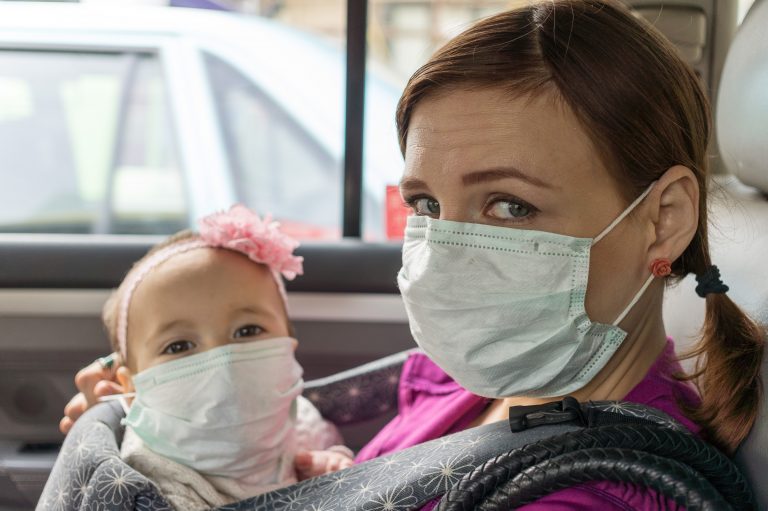HOSTILE RESTING FACE

Photo Courtesy of David Veksler
Years ago, I worked as the program director of the Injury Prevention Resource and Research Center at Dartmouth Medical School. As part of my job, I lobbied for car seat/seat belt legislation in New Hampshire, a state whose motto is Live Free or Die. Based on my experiences during the decade I lived there, a more accurate state motto would have been Live Free and Die.
Not surprisingly, our legislative efforts met with strong resistance. Some people insisted that the government should not impinge on their personal freedom to be splattered on the state’s highways and byways.
They said, “We maintain better control of our vehicle when our movements are not restricted by a seatbelt.”
We said, “You maintain better control of your vehicle when you are not flying through the windshield.”
They said, “We’ll hold our children tightly while we drive.”
We said, “In a crash, the child you hold becomes a safety cushion for your much larger adult body. You might fare better, but your body will crush your child.” I tried to illustrate this concept by quoting a line from Man of La Mancha: “Whether the pitcher hits the stone or the stone hits the pitcher, it’s going to be bad for the pitcher.”
Ultimately, reason prevailed. The legislature passed both car seat and seat belt laws. For the most part, the people of New Hampshire complied with the mandates. Consequently, in a short time, we saw a dramatic drop in pediatric deaths and injuries due to car crashes.
The current resistance to wearing masks eerily harkens back to the “live free and die” attitude I encountered in New Hampshire. The objections are similar, in that those who resist wearing masks often prioritize personal freedom over corporate safety.
My husband is a glaucoma specialist who spends his workday six inches from the faces of his patients. His job is risky. He is not alone. Store clerks, EMTs, nurses, those on assembly lines and many other essential workers risk exposure to coronavirus every day.
Just as the actions of unrestrained drivers increased the likelihood of death and injury to their passengers and other motorists, people who refuse to wear masks increase the likelihood of people around them being infected.
“If they are so stupid as not to take care, let them die” was the refrain I heard back in the seatbelt days. It’s the same refrain I hear now. This strategy is not effective. The people who won’t wear masks don’t merely endanger themselves; their actions endanger the lives of those around them.
How can I persuade you to wear a mask? Consider these benefits:
- If the appearance of your face is less than appealing due to a zit, wart or out-of-control mole, you can conceal the defect with an attractive mask. You might go so far as to create a mask with an idealized image of the lower half of your face: higher cheekbones, fuller lips, stronger chin. The possibilities are endless.
- Are you a naturally grumpy person? No problem. With a mask, you can perpetually maintain a hostile resting face. You can scowl, sneer and smirk to your heart’s content. However, remember to never tip your hand by rolling your eyes.
- The best benefit, of course, is that you will be less likely to be a vector carrying death and disease to your grandma, to the cute asthmatic toddler next door and to the deli guy who sells you boiled ham and sliced cheese each week.
We all want to send our delightful kids back to school. We want to be gainfully employed. We want to eat buttery popcorn in a real movie theater. And, some of us are dying to have our eyebrows cleaned up by that nice lady at the mall.
We can’t go back to normal if people keep getting sick. Fewer people will get sick if we all wear masks. It’s that simple.
So, please take Nike’s advice and JUST DO IT!
